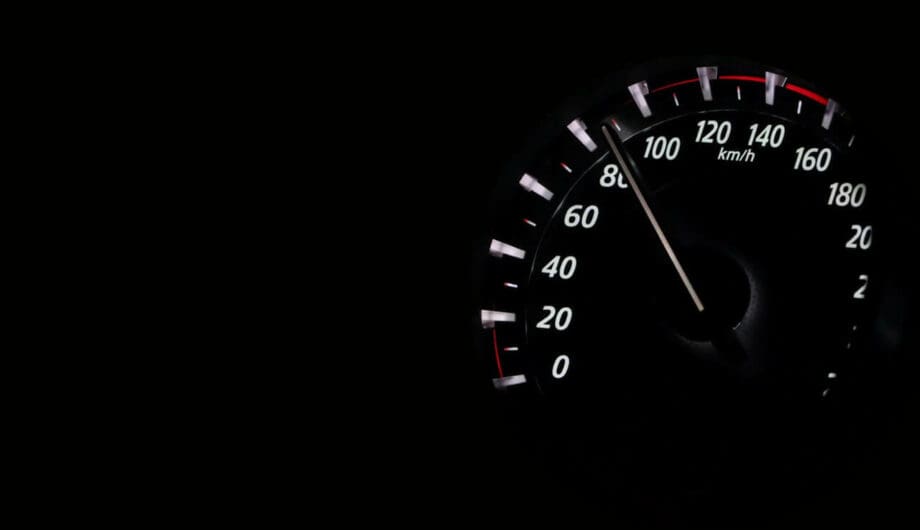
Unless you’ve been living in a cave somewhere, or maybe even if you are, you are probably aware that site speed is pretty important these days. What I want to touch on today is the difference between site speed and site optimizations.
You may ask what the difference is and doesn’t one influence the other. The answer is… sort of.
Site speed is how fast your page loads. How long does it actually take? 2 seconds? 10 seconds? Under 1 second? (Dare to dream.)
What you’ll hear often from folks is that you have to optimize your site to get it faster. And this is true. Optimization is the process of using tools or strategies to increase the performance (ie: speed) of your website. There are many, many, many different ways to optimize a site.
What I see happening is that folks run a speed test using Pingdom or GT Metrix, and then complain about not getting good scores, regardless of what the actual speed is. What these tools measure is optimizations. Did you do all the things on their checklist to get a good score? They rarely measure actual speed.
One of my biggest pet peeves is seeing a site get an A but still take 10 seconds to load. And trust me, I see this all the time. Because these tools aren’t grading on actual speed. They are grading on whether you did all the optimizations to get a good grade.

Which is better?
In my opinion, having a site that is actually fast is better than one that is slow but gets good score.
Doing website optimization should help you with your speed, but it won’t fix everything. And if you’re doing everything you can on the front-end, and still aren’t seeing results, then you may have to ask yourself some hard questions.
What should you optimize to get better performance?
First, think about what’s slowing your website down. A lot of times you could spend hours optimizing your site only to find out it’s not really your site. External services, like having ads and running social media scripts, will slow down your site, and the more you have, the worse it’s going to be. You obviously can’t get rid of things like Google Analytics, but how many ads do you need on your page? Do you have to pull in the full Facebook feed, would an icon and link work just as well? What other scripts do you have running on your site that could slow it down?
Think about the plugins you are using too. If you have a lot of plugins, or they are bloated, then that can affect your site speed as well. Ditch anything you aren’t using, and think about ditching some that aren’t super necessary.
Next, look at your images. Are you resizing them before uploading them? If not, stop that right now! Images from your camera or phone are way, way too big for the web. Resize your photos. Compress your photos. Make sure you are using the right size photo for the places you have them.
Finally, think about caching. Caching is important in website speed and your site needs to have it. Some web hosts build it into their product, which is usually great, but if you have a big box host with cpanel, then you probably need to take care of it yourself.
There are lots of caching plugins out there. I like WP Rocket and put it on the sites I install, but there are others that are free in the repository that work well too, such as Swift Performance Lite and W3 Total Cache.
Pro-Tip: After you set up your caching plugin, open your site in a new browser window in private mode and look at all your site’s pages. Some caching can affect your site’s appearance.
Is that all you should do? No, there’s a lot, but that’s a basic list to get you started.
What if that still isn’t enough?
This is where I’m going to say something that makes me unpopular. Get better web hosting. It’s so easy to set up web hosting at one of the big cheap places. For $5 a month you can get your site hosted! And you can, and it’ll work. But there’s a chance it’ll be slow, and that web host won’t help you get it faster.
If you want a fast website, your best bet is through quality web hosting. With one of these hosts, you will have to pay more. But in return, you get faster sites and unbeatable support with folks who really understand WordPress. Is it worth $30 a month to have a faster site? Only you can make that call.
Getting an ‘A’ on your speed test only counts if your site is actually fast. Worry less about your optimizations and more about your site speed to be sure your user’s experience is the best, because that’s what really matters.
Amy Masson
Amy is the co-owner, developer, and website strategist for Sumy Designs. She's been making websites with WordPress since 2006 and is passionate about making sure websites are as functional as they are beautiful.
